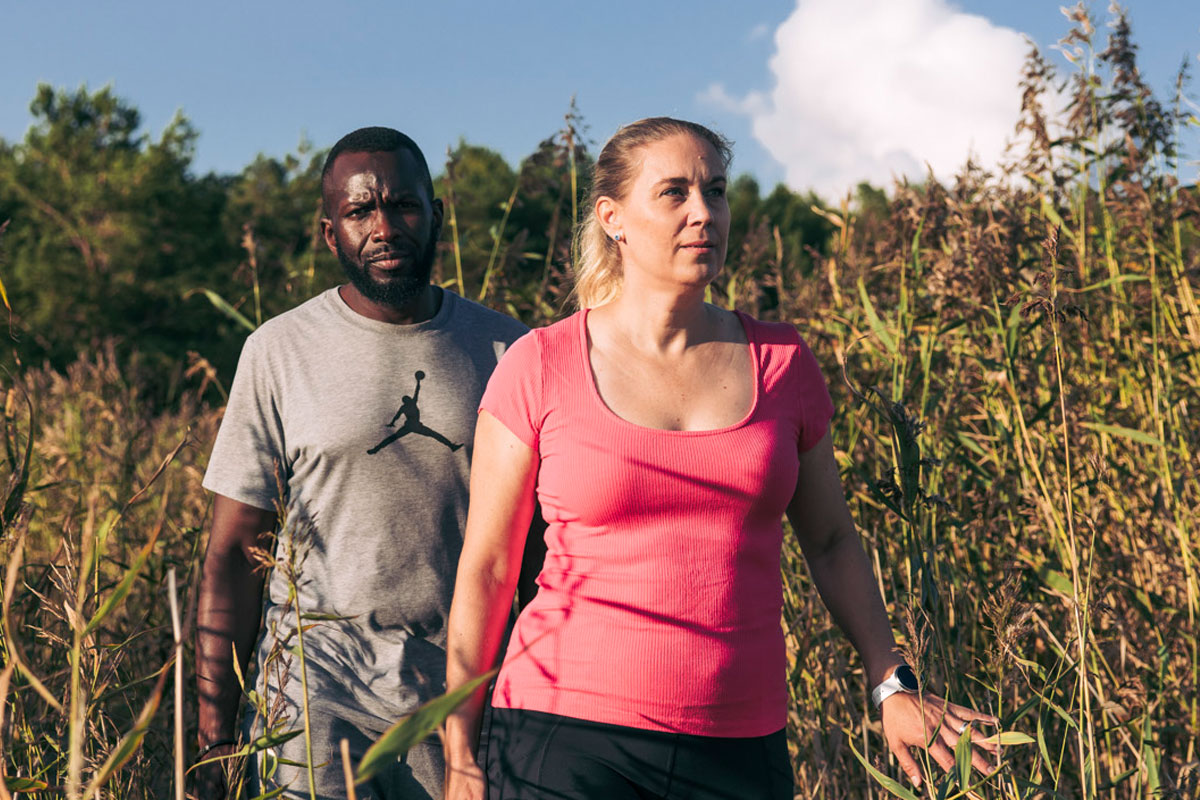
Diagnosis – It can’t be true!
Everyone has their own way of dealing with a cancer diagnosis. Very often it causes a crisis.
Read article
Everyone has their own way of dealing with a cancer diagnosis. Very often it causes a crisis.
Read article
For more and more people, cancer can be cured or at least controlled so that you can live a near-normal life. The end of treatment can feel both relieving and frightening at the same time.
Read article
The death of a loved one and the ensuing grief is a long process with many stages. The closer the patient is to you, the harder it is to let go.
Read article
The strongest emotions often subside gradually over time, and adjustment becomes more and more an inner work in itself.
Read article
Caring for the well-being and resources of the patient is often overshadowed by the confusion, sadness and exhaustion experienced by the spouse or partner.
Read article
It’s not easy for anyone to accept their illness, and most people feel sad about giving up, losing their dreams for the future or the experience of having a say in their own life.
Read article
Cancer can bring the experience of life’s limitations and the awareness that life is not proceeding as you had expected and planned. Understandably, this brings frustration and anger.
Read article
An unexpected diagnosis that shatters your dreams of a comfortable, predictable life can trigger fear and vulnerability.
Read article
Seeing a loved one suffering and in pain can make you feel helpless and insecure. You both have your own suffering to deal with. You would like to be there to support and help them, but you don’t know how or in what way.
Read article
A long absence from work may require support, flexibility and rehabilitation. The best results come from cooperation between the employer, employee and occupational health service.
Read articleYou can chat with a specialist cancer nurse - or call or send a message. The counseling service of cancer organizations is intended for you who are affected by cancer.
You can chat with the nurse between 9 a.m. and 3 p.m. You will see a chat icon on the site in the lower right corner.
The helpline is available at 0800 19414. The nurse answers the phone on Mondays and Thursdays from 10 a.m. to 6 p.m. and on Tuesdays, Wednesdays and Fridays from 10 a.m. to 3 p.m. The service is free of charge.
Read moreYou can get peer support both one-on-one with a support person and in a peer group. Peer support is available both face-to-face and remotely.
Read more